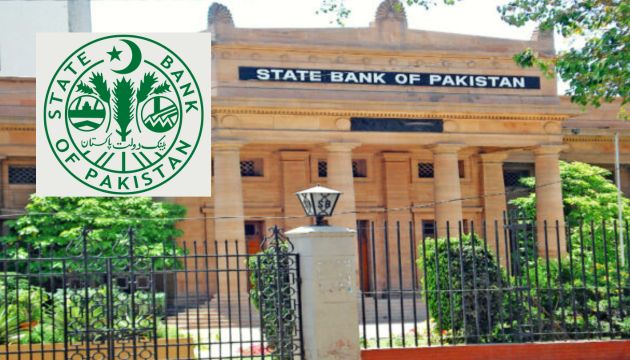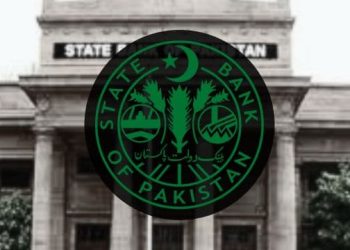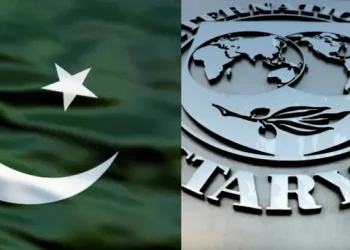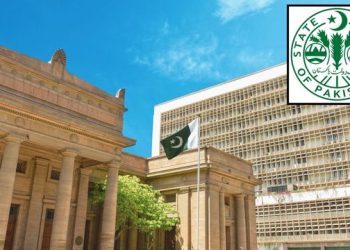The State Bank of Pakistan (SBP) has kept the key interest rate unchanged at 11 percent during its latest monetary policy meeting on Monday. The central bank said this decision was made to support economic stability and control inflation.
The SBP noted that inflation rose to 3.5 percent in May, mainly due to the end of the earlier low food prices, but core inflation slightly dropped. Expectations about future inflation among businesses and households also came down.
The central bank expects inflation to stay within its target range of 5 to 7 percent in the coming year (FY26), although some temporary rise is likely.
Pakistan’s economy is slowly getting better. The State Bank of Pakistan said the country’s GDP is expected to grow by 2.7 percent this year (FY25) and could rise to 4.2 percent next year (FY26). This improvement is mainly due to better performance in the industry and services sectors, stronger business activity, and earlier cuts in interest rates.
ALSO READ
Peshawar: BRT fares to go up from July 1 amid financial losses
However, the SBP warned of risks to the external sector. Although the current account was nearly balanced in April and remittances remained strong, the trade deficit is widening due to rising imports. Some new budget measures may further increase imports.
The SBP said that its foreign exchange reserves were $11.7 billion on June 6 and could go up to $14 billion by the end of the month. However, there are still risks due to rising global oil prices, ongoing tensions in some regions, and lower-than-expected money coming from other countries.
The central bank said its foreign exchange reserves stood at $11.7 billion as of June 6 and are likely to reach $14 billion by the end of June. Still, it warned of several risks, including rising global oil prices, ongoing geopolitical tensions, and weaker-than-expected financial inflows from abroad.
The SBP said the government is targeting a higher primary budget surplus of 2.4 percent of GDP in FY26. It stressed the importance of continuing reforms, especially expanding the tax base and improving state-owned businesses.
Private sector borrowing has increased by around 11 percent, especially in sectors like textiles, telecom, and retail. The SBP also noted a seasonal rise in cash circulation due to Eid.
The SBP believes that keeping the interest rate steady will help manage inflation and support economic growth, as long as planned foreign funding and fiscal reforms stay on track.














